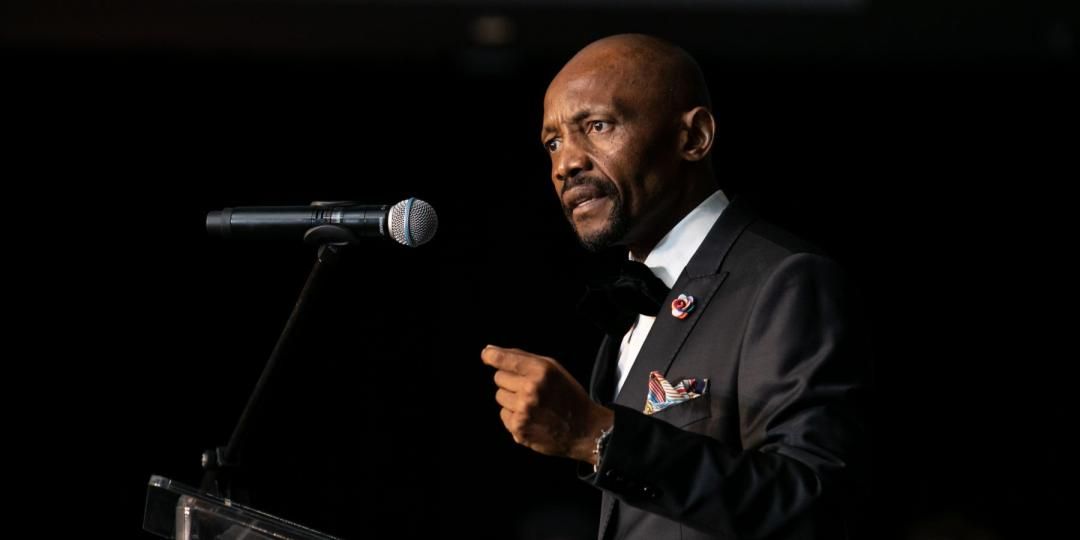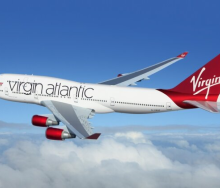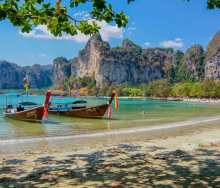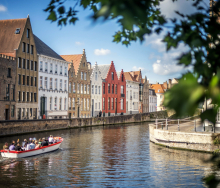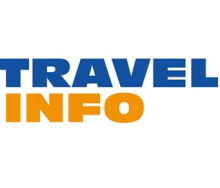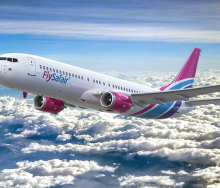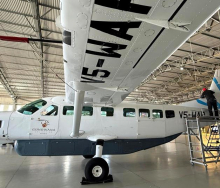While the South African government’s Tourism Transformation Fund (TTF) has been beneficial to some businesses looking for financing, industry leaders argue that an equity-focused fund similar to one ruled illegal last year, would have the greatest positive impact on transformation in the tourism sector.
In 2021, the Department of Tourism (DoT) launched a R1,2 billion Tourism Equity Fund (TEF) that aimed to provide a combination of debt finance and grants to facilitate equity acquisition and new project development by black entrepreneurs.
The DoT is appealing a subsequent ruling by the Supreme Court of Appeal in favour of civil rights groups Solidarity and AfriForum, that the use of BEE criteria for the TEF was illegal.
Hannelie du Toit, Chief Operating Officer of SATSA, explained that, despite the necessity and usefulness of the TTF, the fact that the fund did not allow for acquisitions of existing businesses or larger transactions presented a stumbling block to transformation.
“As an industry, we have worked with government for many years in terms of addressing equity in tourism businesses, because this will have a much bigger shift in positively transforming the tourism sector. It is even more relevant and needed after COVID, when so many assets are in distress.”
She added that the grant portion of the TTF would go towards financing the loan, whereas “having it go towards the owner’s contribution, as was proposed for the TEF, would lower the entry barrier and result in a bigger impact”.
Department calls for applications
While the equity fund process has stalled, the DoT has called on black-owned enterprises to apply for the TTF, which provides financial assistance in partnership with the National Empowerment Fund (NEF) and various development financing institutions.
“The TTF aims to drive transformation in the tourism sector in a more direct and impactful manner that will not only assist black-owned tourism enterprises to expand and grow, but also to catalyse the rise of a new generation of black-owned tourism enterprises to propel the tourism sector to greater heights,” said the department.
The department provides a maximum of 50% grant funding to successful applicants – capped at a maximum of R5m – which is used to reduce the approved loan finance and/or equity contribution by the NEF, where commercial viability of the tourism project has been established.
The fund also provides post investment support to enterprises.
For full application criteria click here.
Barriers to entry significant
SATSA co-chair and Graskop Gorge Lift co-founder Oupa Pilane was a successful applicant for the TTF in 2017. After using the funds to diversify the offerings at the site on Mpumalanga’s Panorama Route, his enterprise has become a success, creating 72 permanent jobs. But he points out that the business had already started operating, and that most emerging entrepreneurs looking for support from the fund do not have the financial means to fulfil the stringent loan criteria.
“If, for example, you’re applying for R36m funding, you would still need to fork out R4m from your own pocket. Very few businesses who want to start out in tourism would be able to afford this, along with having to put up securities and other loan requirements,” says Pilane.
Echoing Du Toit’s sentiments, Pilane said the fact the fund did not make allowances for the potential acquisition of existing tourism businesses was problematic.
“We have people in the industry who are looking to sell their businesses, which would provide the perfect opportunity for people wanting to enter the sector, because they would have access to an already established enterprise.”
Pilane suggested that, to meet its true objectives, the grant portion of the fund should be separated from the loan facility.
“In its current format, it becomes almost impossible for most entrepreneurs, particularly those from disadvantaged backgrounds, to get the funding and support they need.”
